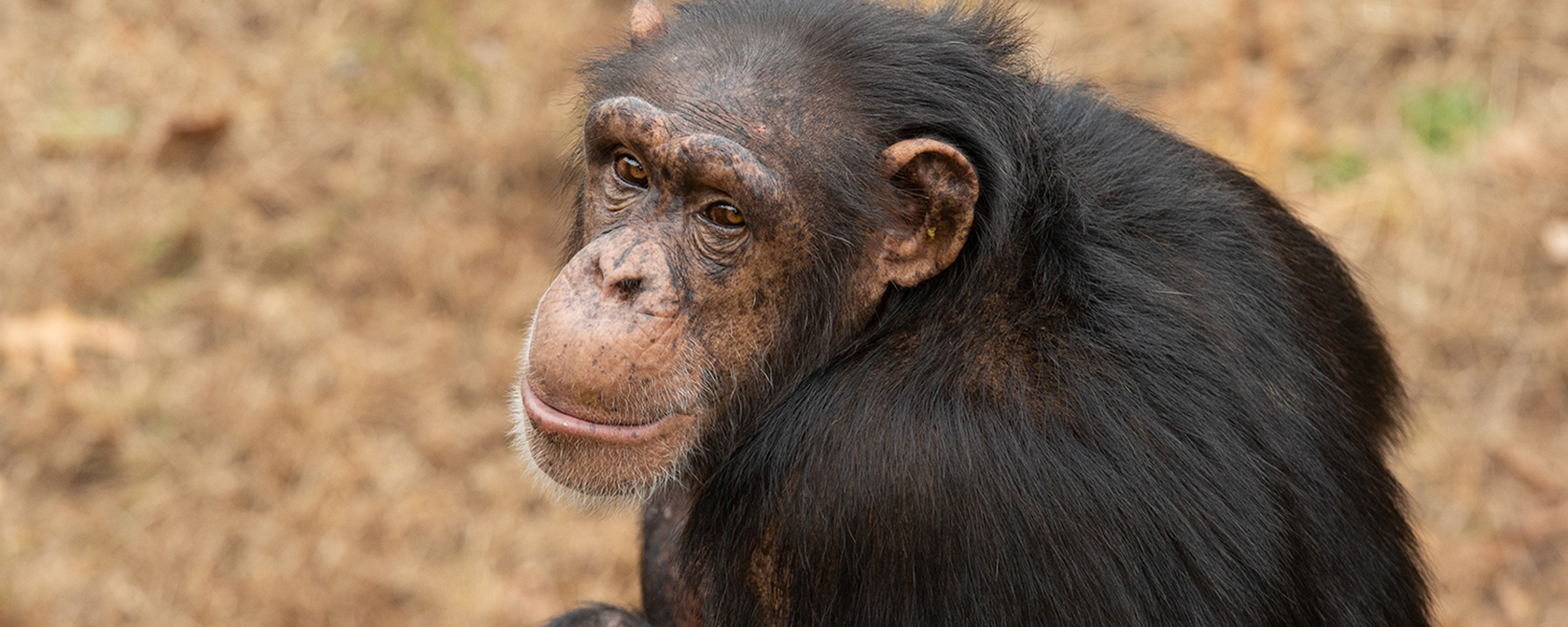The Democratic leaders on the Senate Committee on Appropriations yesterday released a package of nine appropriations bills funding various federal departments for fiscal year 2022, and it contains some key provisions for animal welfare that we worked hard to secure. These bills haven’t been voted on by the committee; instead, the Senate and House committees will now work to reconcile their respective packages by a December 3 deadline to avoid a federal government shutdown. As we noted in previous blogs here and here, the House passed their appropriations packages in July.
Here’s a rundown of some of the top animal provisions:
Chimpanzee retirement:
The committee strongly encourages the National Institutes of Health to resume the transfer of all the chimpanzees at Alamogordo Primate Facility (APF) to Chimp Haven, the federal chimpanzee sanctuary, no later than 30 days after enactment of the appropriations legislation, with full transfer within six months. The committee also encourages the two other laboratory facilities—Keeling Center for Comparative Medicine and Research and Southwest National Primate Research Center—to transfer their government-owned and supported chimpanzees following the APF transfers. The House report contains similar directives.
In 2000, Congress passed the Chimpanzee Health Improvement Maintenance and Protection (CHIMP) Act, which mandated that all federally-owned and supported chimpanzees who are no longer needed for research be retired to federal sanctuary. This appropriations provision points out that it was Congress’ intent when it passed the CHIMP Act that all NIH-owned and supported chimpanzees go to sanctuary, and that NIH’s panel—which determined that not all of the chimps from APF should go to the federal sanctuary—was not part of Congress’ mandate. These chimpanzees have already suffered enough and deserve to live the rest of their lives in comfort.
Animal Welfare Act enforcement:
The committee encourages the Department of Justice to create an agreement with the Department of Agriculture to encourage greater collaboration on enforcement of animal welfare laws and ensure that the DOJ has access to the evidence it needs to initiate cases. This collaboration should strengthen efforts to stop chronic AWA violators such as puppy mills and roadside zoos.
Wild horses:
The bill provides $151,589,000 for the Bureau of Land Management’s (BLM) Wild Horse and Burro Program. There is $11 million directed towards implementation of a sustainable, robust and humane program of reversible fertility control vaccines, which the committee notes should be used immediately. Additionally, the bill renews prohibitions on sending wild horses and burros to slaughter.
Marine mammal protections:
The Senate bill mirrors its House companion in allotting $5 million for the John H. Prescott Marine Mammal Rescue Assistance grant program, representing a $1 million increase above the FY21 level. Since 2001, this National Oceanic and Atmospheric Administration program has awarded more than $63.9 million in funds to marine mammal stranding network participants for stranded marine mammal rehabilitation and data collection.
Wildlife trade:
Through the various bills, the committee included important funding and directives regarding the trade in wildlife for human consumption and continued support across multiple agencies for activities to combat wildlife trafficking. Although short of some of our requests, the committee largely mirrored the House funding levels to combat poaching and wildlife trafficking through the Fish and Wildlife Service’s Office of Law Enforcement, Department of State’s Office of International Narcotics Control and Law Enforcement, and U.S. Agency for International Development and DOS bilateral activities.
In line with our requests, the Senate committee also acknowledged the need to strengthen wildlife laws and law enforcement related to the commercial trade in live wildlife for human consumption, given the fact that it fuels zoonotic disease pandemics. Like the House, the Senate included authorizations for the U.S. to work to reduce the trade of live wildlife for human consumption, and the Senate added reducing deforestation, human contact with wildlife, and wildlife habitat degradation as part of the pandemic prevention effort.
Greater sage-grouse protections:
Each year since 2014, final appropriations packages have prohibited the Fish and Wildlife Service from protecting the greater sage-grouse under the Endangered Species Act due to pressure from the oil and gas industry. This year marks a positive break from that, with the President’s budget calling for the provision’s removal and both chambers responding by omitting it from their bills. Further, the Senate bill designates $70 million for sage-grouse conservation, a $4 million increase from FY21, though $10 million less than the House bill provides.
We are encouraged by this year’s rejection of the harmful sage-grouse provision, and the return it represents to the principle of making ESA decisions based on science rather than politics, as well as for the increased funding for the survival of the species.
While we celebrate the pro-animal provisions the committee agreed to include, we’ll be pressing for inclusion in the final package of stronger House language and funding levels on some key programs and for removal of any harmful provisions for animals. You can count on us to stay engaged in this critical process until the very end.




